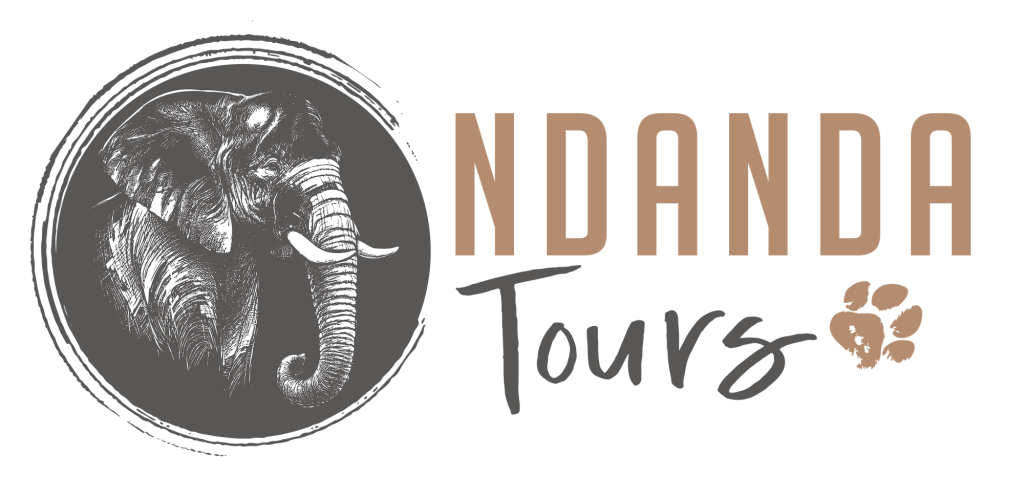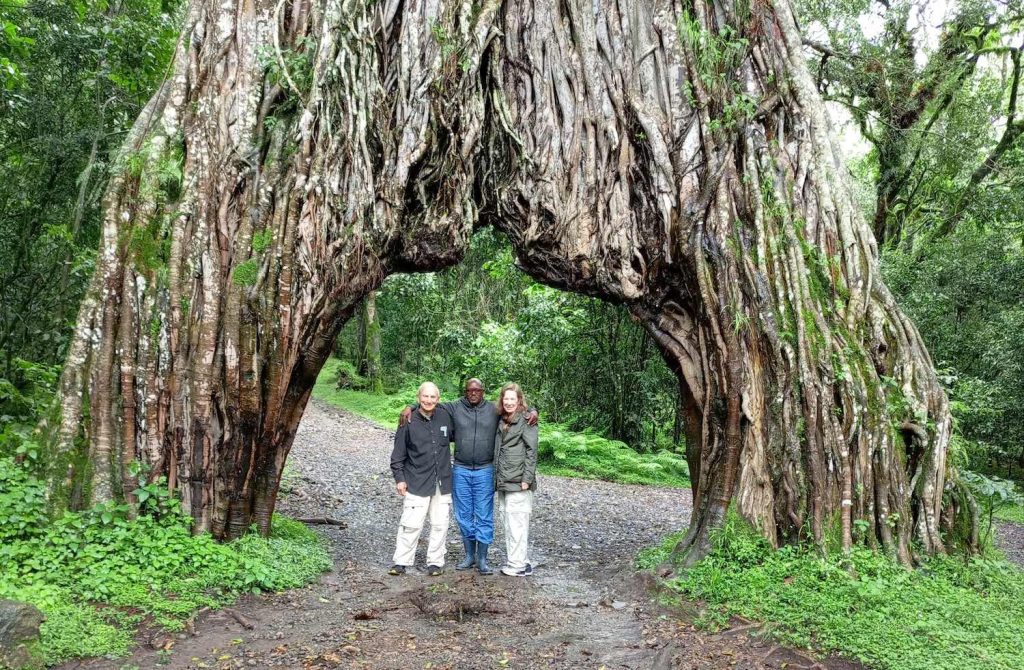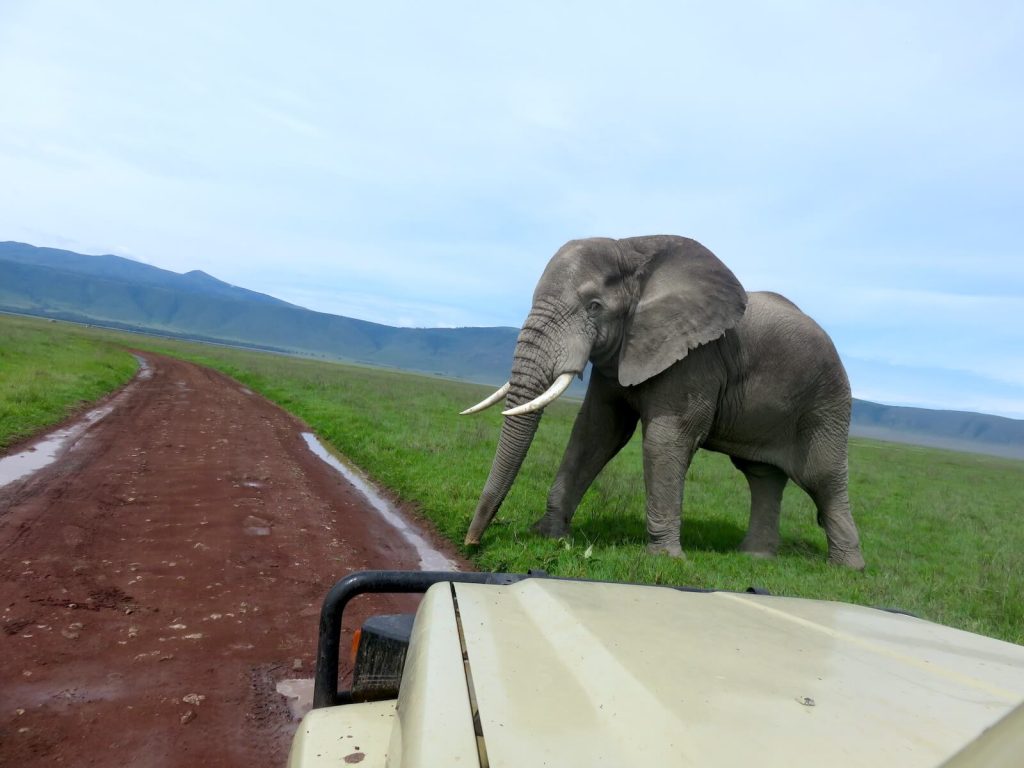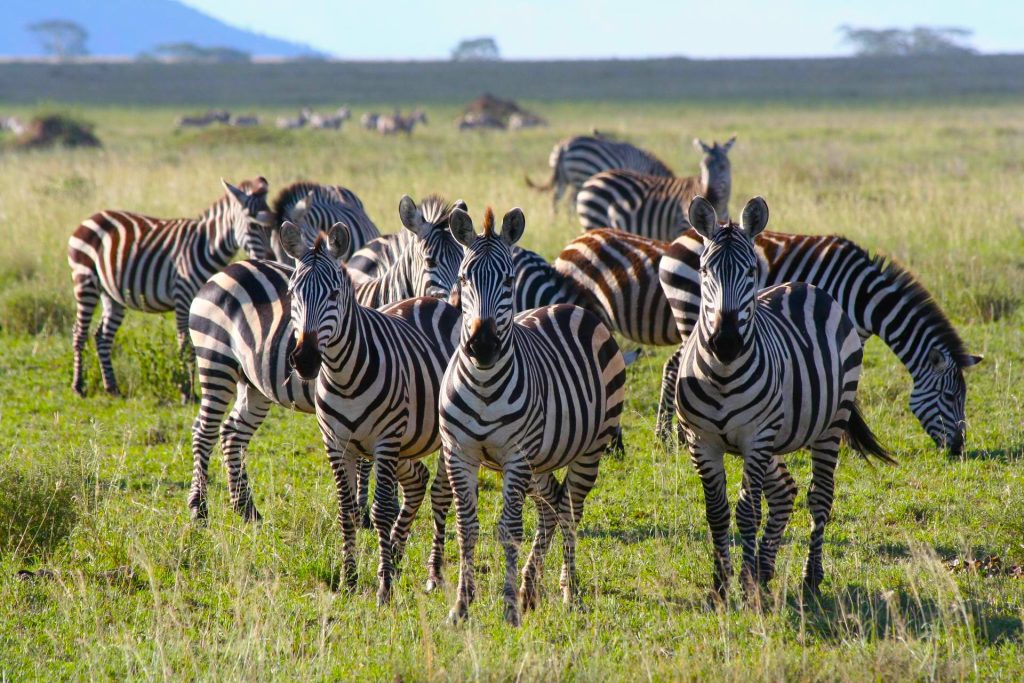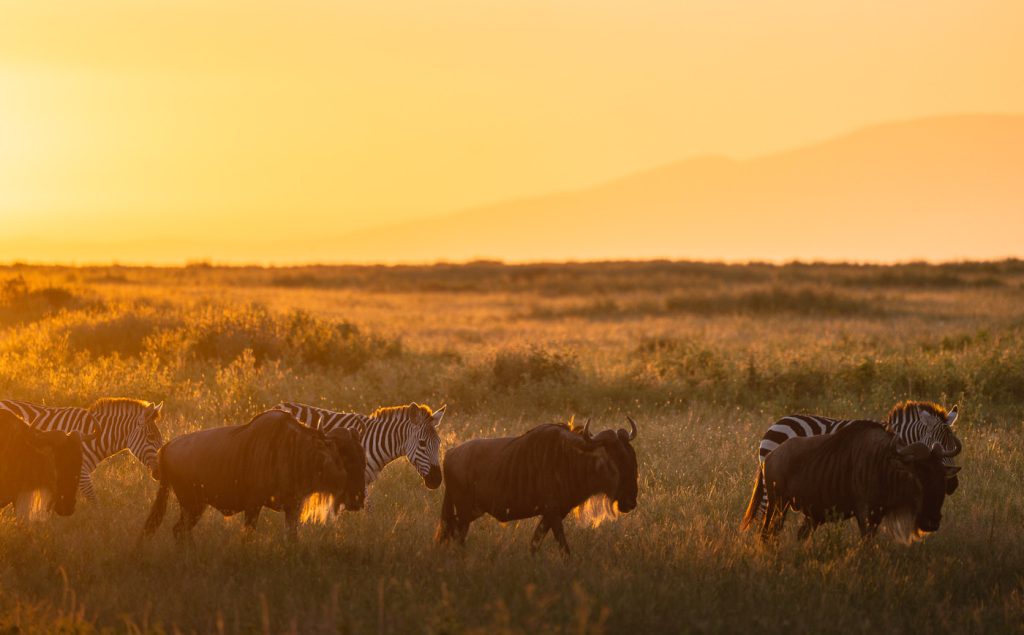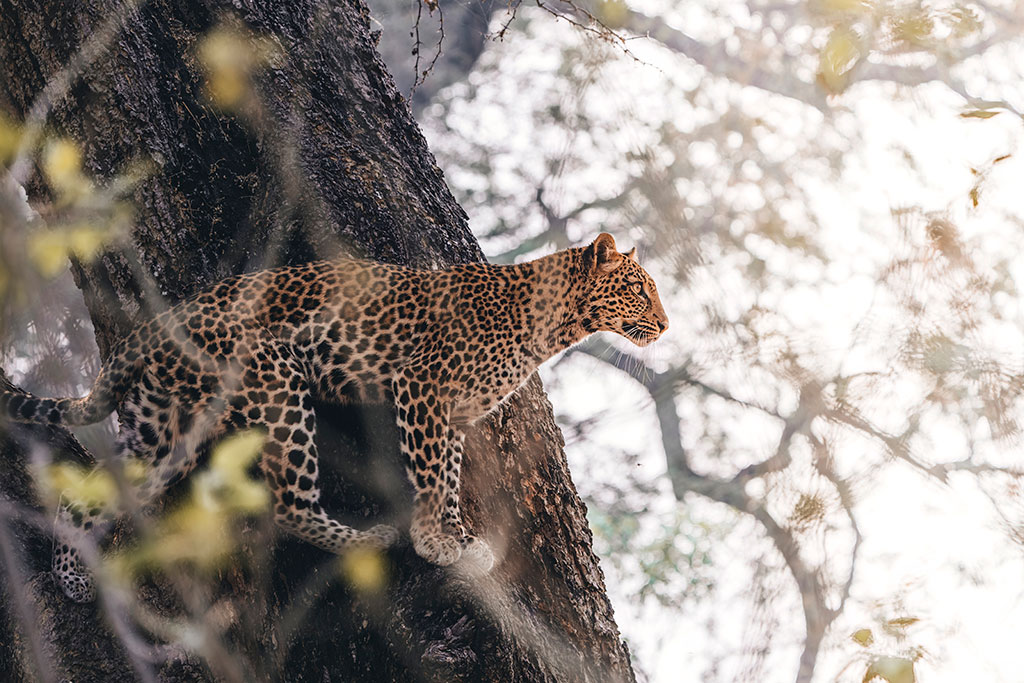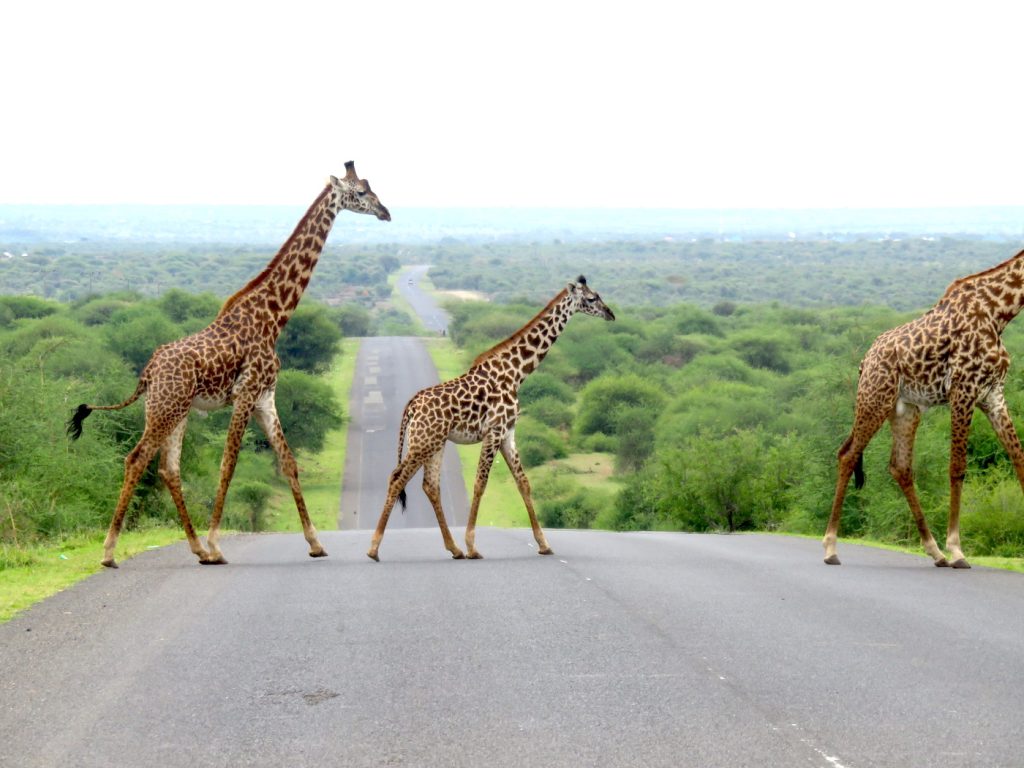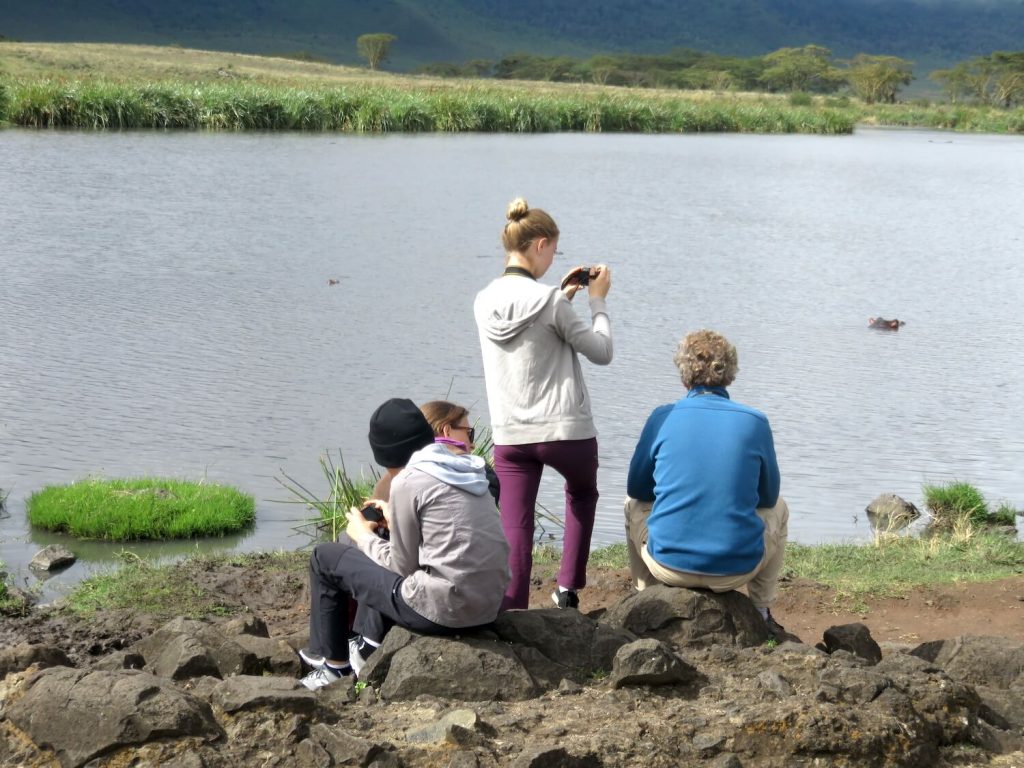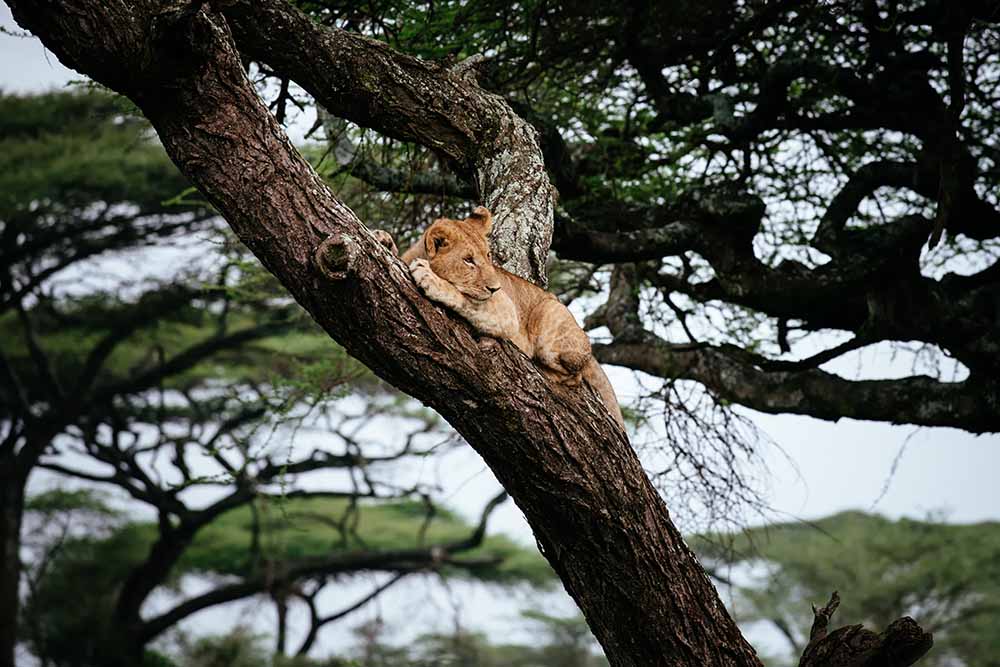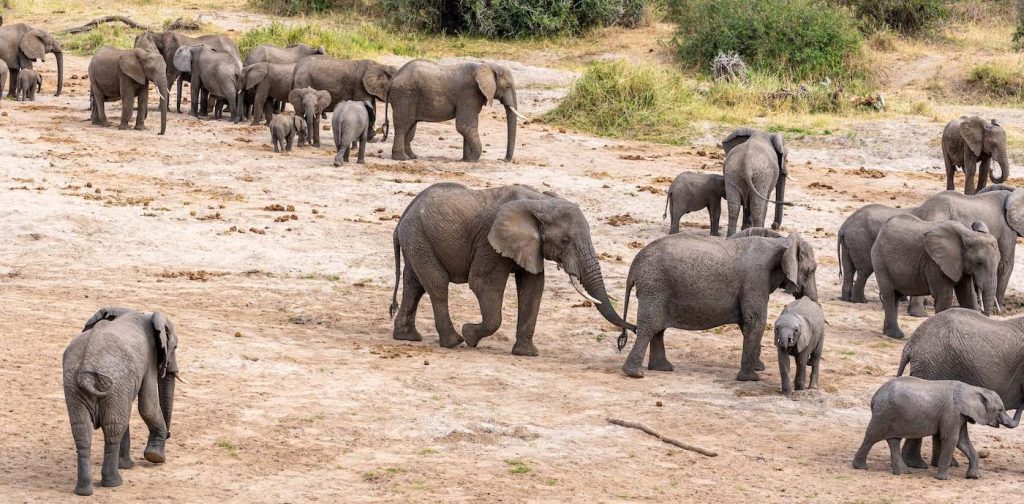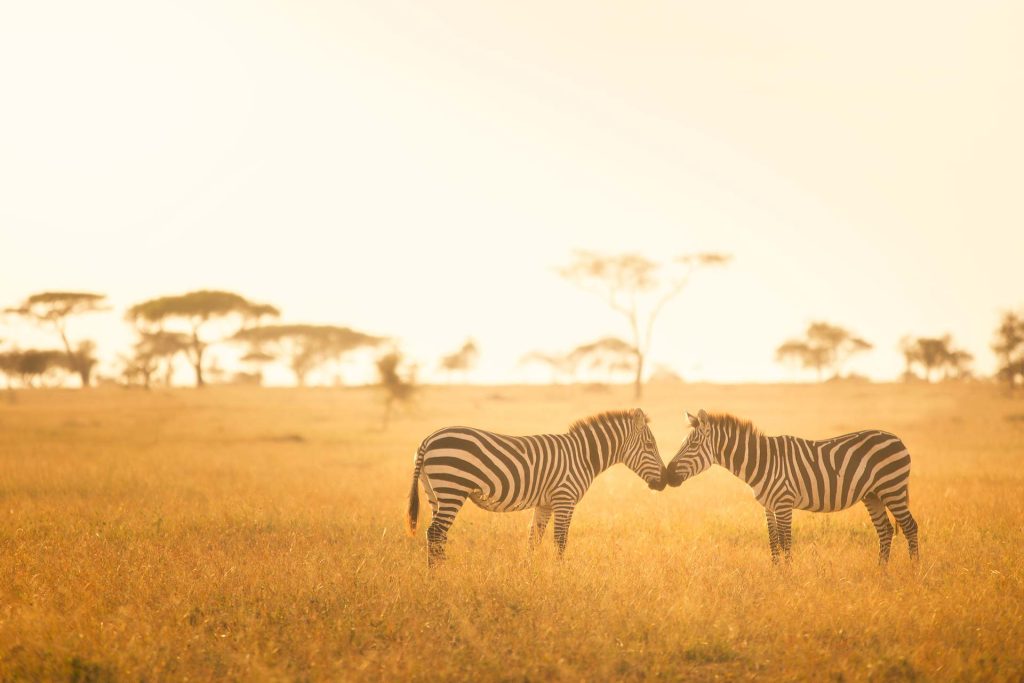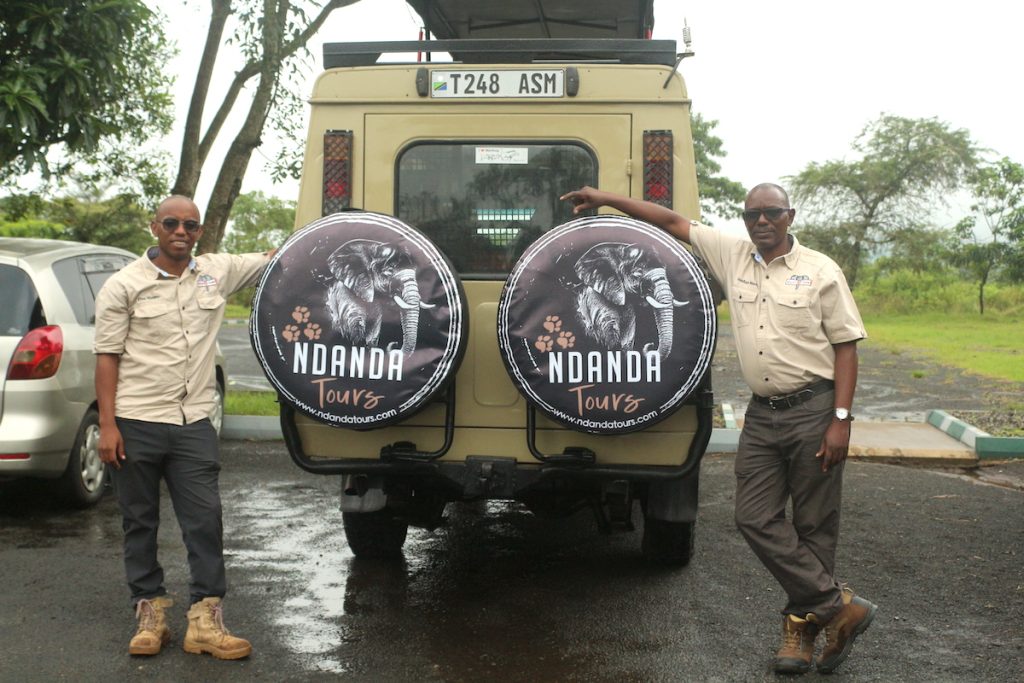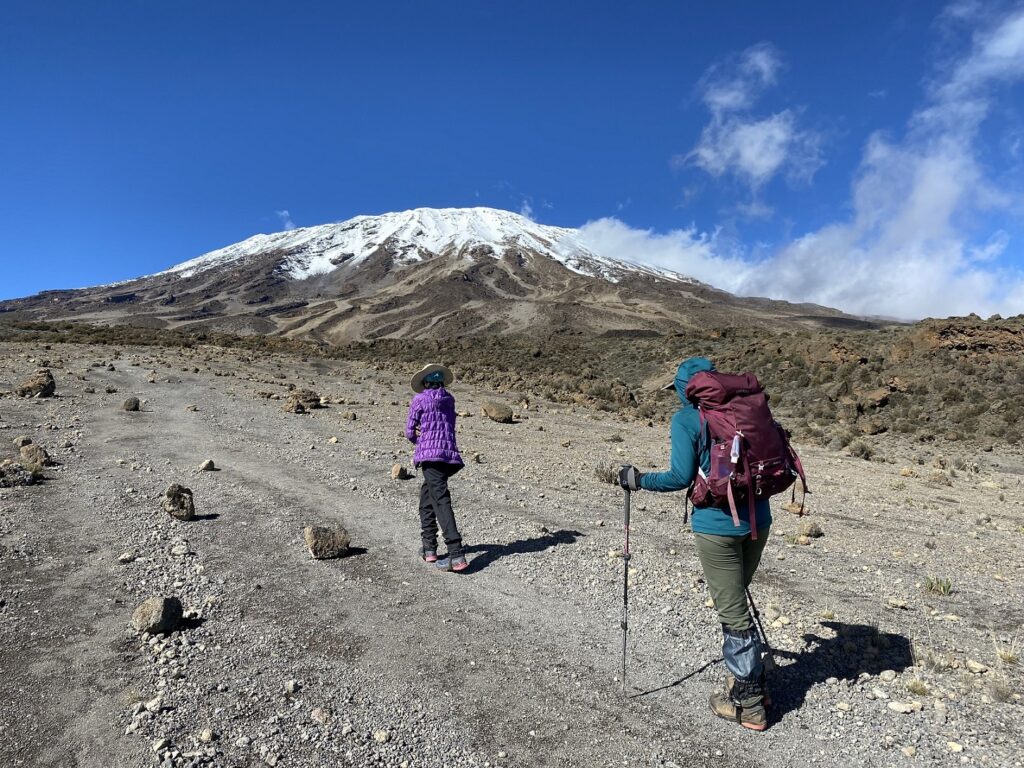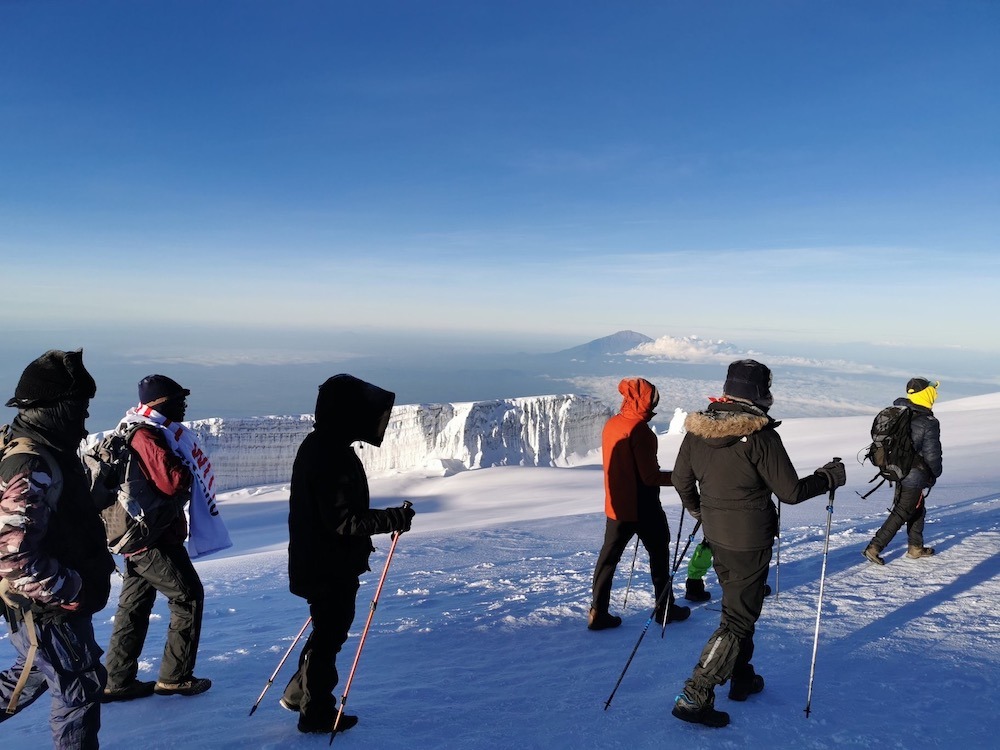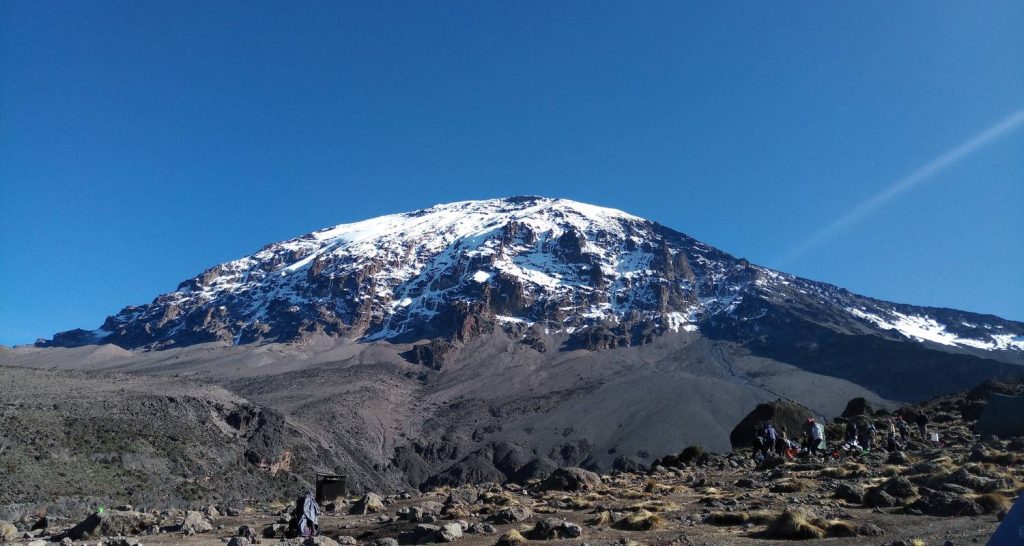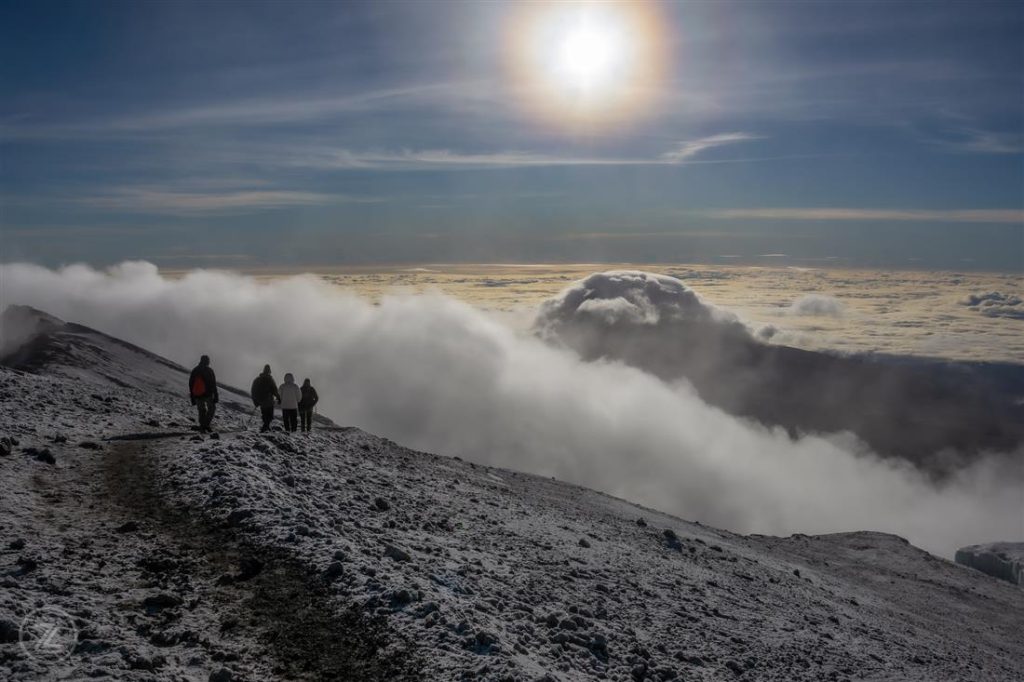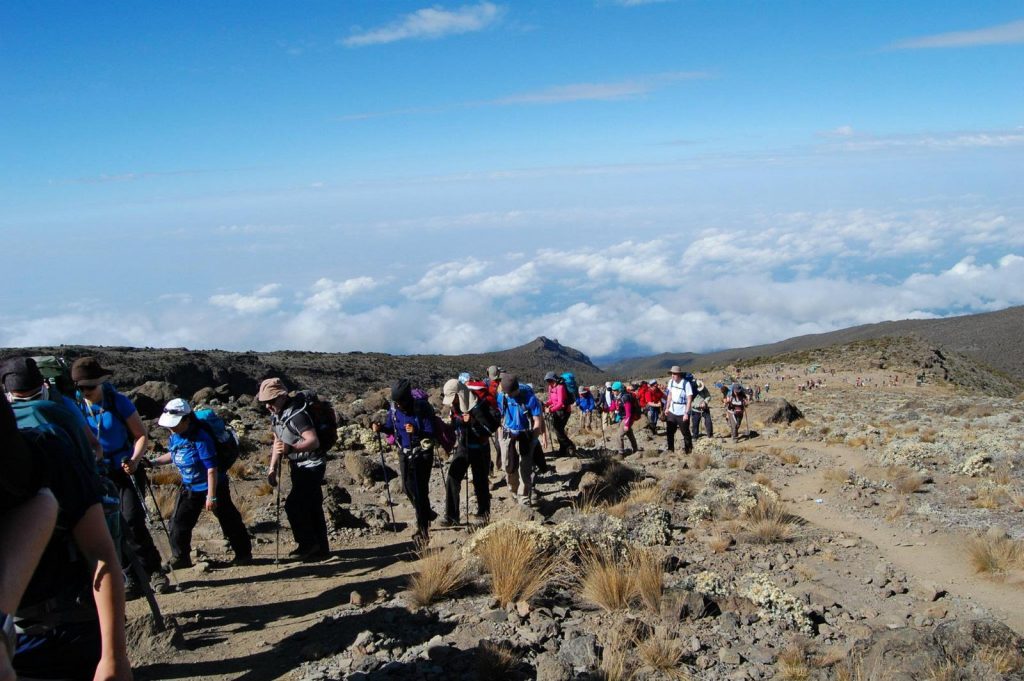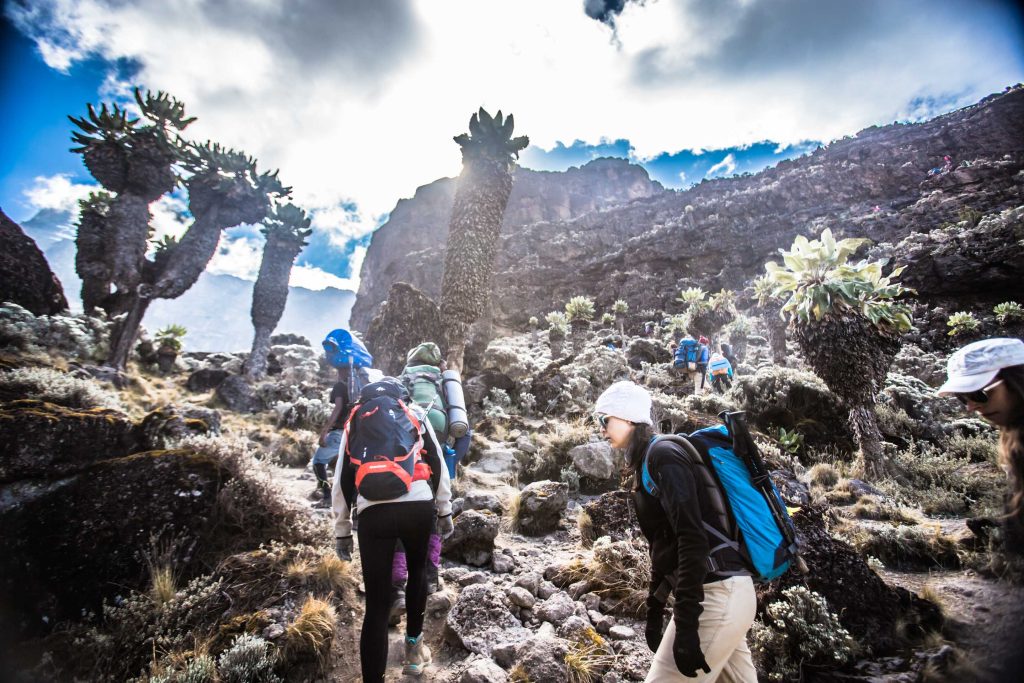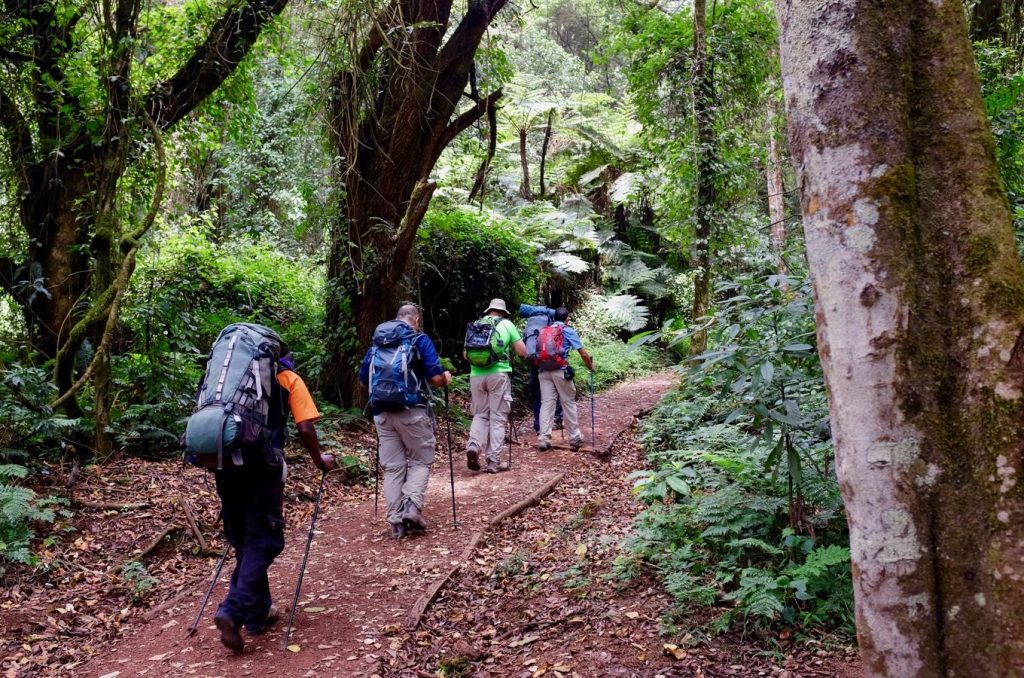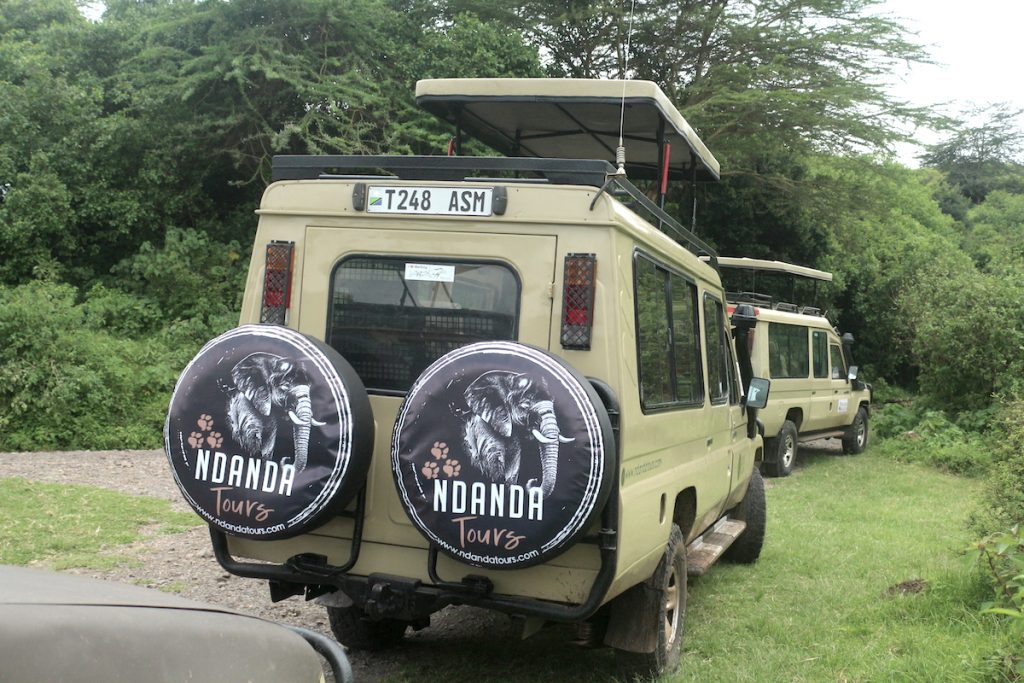Frequently Asked Questions (FAQ'S)
Here are frequently asked questions (FAQs) by travellers before visiting Tanzania
- Flying is the most convenient and easiest way to get to Tanzania. Julius Nyerere International Airport (DAR) in Dar es Salaam and Kilimanjaro International Airport (JRO) in Kilimanjaro serve as the country's leading international airports.
- We recommend landing at JRO airport since it is closer to Arusha town, which serves as a stepping stone to the famous northern national parks
- Many international airlines operate flights to Tanzania, including major carriers and regional airlines. Popular options include Qatar Airways, Emirates, British Airways, KLM, Turkish Airlines, Ethiopian Airlines and Kenya Airways
- A valid passport and a tourist Visa are necessary for your visit to Tanzania. Travellers can apply for their visa online through the Tanzanian immigration website. You can also obtain your Visa upon arrival at the airport where you will be given a form to fill. However, this might take a bit of your time as sometimes there may be a long queue
- Tourist Visa fee is $50 except for Americans ($100) and Pakistanis ($200)
- According to the World Health Organization (WHO), Tanzania poses a low risk of contracting yellow fever.
- Travelers from countries with no risk of yellow fever, such as the United States of America and Europe, do not require a vaccination while visiting Tanzania.
- However, vaccination is mandatory for those traveling from countries with a higher risk of the virus. Additionally, this applies to travelers subjected to flight transits through yellow fever endemic countries for 12 hours or more.
Perfect timing for a safari may vary according to your preferences, including where you want to go and what you expect to see. Ultimately, there are three significant seasons categorised for wildlife viewing;
- Peak season (June to September) is an excellent time for safaris,, especially wildlife viewing. This is because many animals gather near the water sources during the dry season, making it easier to spot them. This season, mainly known as the peak season, is usually crowded with tourists from different destinations. Another highlight of the season is the great migration between July and August, where thousands of wildebeests are generally on the move in search of water and green pastures
- High season (October to February)—This season allows travellers to experience fewer crowds and reduced accommodation prices while still enjoying incredible wildlife viewing. This period is usually associated with short rains, which provide freshness to the natural vegetation and a good time for watching birds. With favourable weather conditions, planning a safari trip during this season is a great choice for anyone looking to explore.
- Low season (March to May)—This season is characterized by sporadic rain showers and lush green landscapes. It is a perfect time for bird watching, as migratory birds flock to Tanzania and resident birds are breeding. Travelling during this time offers affordable accommodation rates and fewer crowds.
- Kilimanjaro climbing can be done throughout the year; however, there are more favorable months: June to October and December to February. We recommend these months because of clear skies, favorable weather conditions, warmer temperatures, and reduced risks of Altitude sickness.
- Climbing is also done in the wet season (March to May and November), which is associated with more rain, more cloud cover, and colder temperatures.
- Ultimately, best time for climbing Kilimanjaro depends on your preferences, fitness level, and tolerance for different weather conditions. Regardless of the season, proper preparation, including physical training, altitude acclimatization, and suitable gear is essential for a safe and successful climb.
You can pay for your tour through direct bank transfer or credit card. We require a 40% deposit to secure your reservation. The remaining balance can be completed 30 days before the safari.
- It is recommended to pack casual, comfortable clothes that are easy to wash. The goal is to pack light since most hotels and lodges offer laundry services at a minimal fee. Neutral and khaki colours are highly encouraged, while black and blue colours are discouraged since they attract tsetse flies.
- The most fundamental items to pack are safari boots, bush-coloured shirts, cotton pants, pair of shorts, warm sweater, sun hat and glasses, digital camera, sandals, a pair of swimsuit, binoculars, personal toiletries and personal sleeping bag for a camping safari
- Another essential aspect to consider is your luggage. We highly recommend a travel duffel bag rather than suitcases which don’t fit easily in the safari vehicles. Please note that the luggage limit per person on a flight is between 15- 20kg (additional weight will require extra fee). You can bring along a small back pack to help carry small personal items in your daily activities
- Tanzanian shilling (TZS) is the mainly used currency in the country. However, for large amounts US$ is used especially by service providers including tour companies, airports, bureau-de-change, hotels, banks, supermarkets and souvenir shops.
- It is to be noted that only US$ bills manufactured from the year 2006 will be accepted in the country
- Travellers from Europe can carry cash in Euro and make exchange in banks or bureau-de-changes
- We also encourage travellers to carry their credit cards (Visa card) and avoid walking around with bulk cash. They can easily withdraw some money from bank’s ATM
Travel insurance is highly recommended when visiting Tanzania. We encourage a comprehensive insurance which covers medical expenses, emergency evacuation, trip cancellation or interruption, and any adventure activities, such as safaris or trekking.
- Swahili is the first spoken official language and English the second language in Tanzania. Many people use English as most of it was taught in school. However, when in rural areas, it is to be expected that residents may find it difficult to speak English well.
- English is commonly used in business, government, and tourism sectors.
Tipping is a way to recognize and reward the hard work and dedication of individuals who contribute to making your safari experience unforgettable. It is an essential aspect of showing appreciation for the exceptional service provided by guides, drivers and staff. While tipping is not mandatory, it is customary and greatly appreciated.
Tanzanians are generally warm and hospitable people. It is customary to greet others with a handshake and engage in small talk before getting down to business. Dress modestly, especially in rural areas and when visiting religious sites. Additionally, always ask for permission before taking photographs of people.
